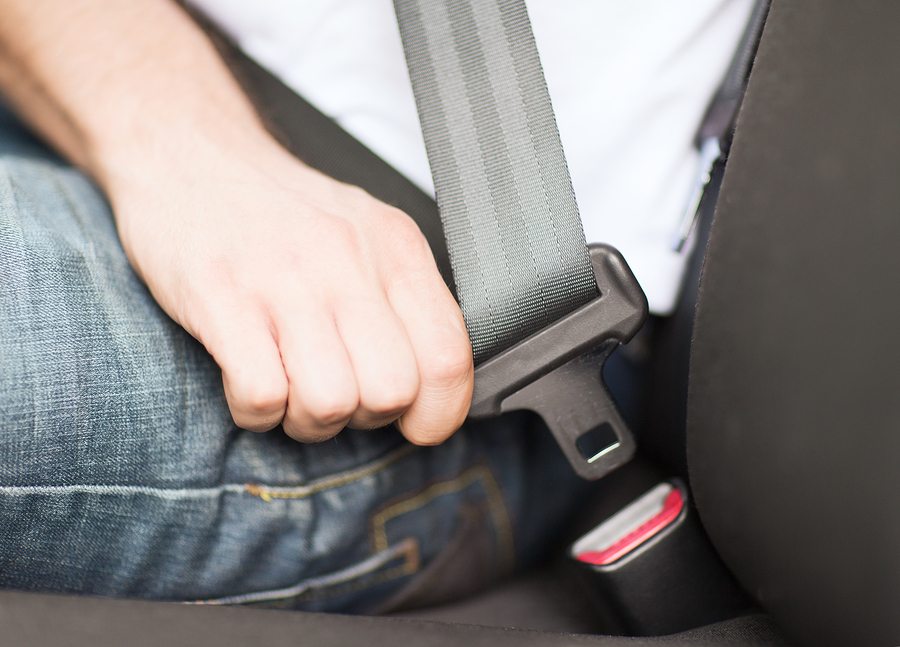In 2014, nearly 80,000 Pennsylvanians were injured in car accidents – most of which could have been prevented with safer driving. If you were hurt in a Pennsylvania car crash that was caused by another driver’s carelessness, you may be able to get compensated by making a third-party accident claim with the other driver’s auto insurance company, or by filing a lawsuit. You should speak with an experienced Bucks County car accident lawyer about your legal options. In the meantime, this article will help you understand how courts and insurance companies determine the value of an accident victim’s injuries and other losses.
Let me begin by emphasizing that no two car accident claims are exactly alike. While the information contained in this article will help to give you a ballpark idea of the claim valuation process, only when you review your claim with a Philadelphia car crash lawyer will you have a specific idea of your claim’s potential value. For more information about settlements and awards resulting from personal injury claims and lawsuits, you might be interested in my previous articles on:

The first thing to understand about car accident compensation in Pennsylvania is the path toward getting compensated. Pennsylvania is a choice no-fault state with regard to auto insurance, which means drivers initially turn to their own insurers for compensation up to their PIP (Personal Injury Protection) limit, regardless of who caused the collision. A claim you file with your own insurance company is called a first-party claim. You may sue the other driver or file a claim with the other driver’s insurance company, called a third-party claim, if you sustain serious injuries that meet certain criteria. In some instances, negotiating with the other driver’s insurance company is able to provide resolution in the form of a settlement; however when negotiations falter the injury victim might decide to sue and go to court.
The second thing you need to understand is that there are different types of compensation, called “damages.” In short, non-economic damages compensate non-financial losses, while economic damages compensate financial losses. Non-economic damages are only available in certain situations. Both economic and non-economic damages are considered compensatory, because they are designed to compensate the victim. If the other driver was extremely negligent, the court might decide to award punitive damages as a punishment atop the compensatory damages. For a more detailed explanation of damages, see my articles on Pennsylvania damages caps and getting compensated for pain and suffering.
Needless to say, car insurance companies tend to undervalue claims. Doing so saves them money – at the expense of the accident victim. Your car accident lawyer will help you determine the value of your claim so that you do not accept a “lowball” settlement offer.
There are numerous injury settlement calculators on the internet, which ask you to plug in values like:
These calculators can be inaccurate for many reasons; only an experienced car accident lawyer in Philadelphia, PA can provide you with specific information.

Economic damages are relatively straightforward to calculate, because they deal exclusively in hard, objective figures. For example, you can look at your hospital bill and instantly see exactly how much you were charged for a given procedure or examination.
Non-economic damages, on the other hand, are inherently subjective, which makes calculation trickier. How do you assign financial worth to the pain and suffering you’ve experienced because of your broken back? There’s no “true” or “correct” value that can be placed on harm of this nature, so insurance companies and courts look to various pieces of evidence to determine the worth of a claim. This evidence could include:
The impact on you and your family’s finances will also be considered. For example: are you single, or supporting three children? Will you be out of work for a month, a year, or the rest of your life? Were you on track to be promoted before the accident occurred? How much money were you earning before the injury, and how much will you be able to earn now?
These are all questions the jury will think about when deciding what amount of compensation is appropriate. A good Philadelphia car accident lawyer knows how to present a compelling argument as to why you should receive the damages being sought. Whether you’re negotiating out-of-court or are going to trial, your attorney’s goal is to recover the maximum possible car accident compensation on your behalf.
Philadelphia auto accident lawyer Brent Wieand has successfully handled numerous car accident claims on behalf of injury victims throughout Pennsylvania and New Jersey. If you or a family member was recently in a crash, call Brent at (888) 789-3161 for a free legal consultation about the options that may be open to you. Brent handles rear-end collisions, head-on collisions, side-impact collisions, parking lot accidents, and many other types of multi-vehicle crashes.